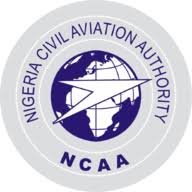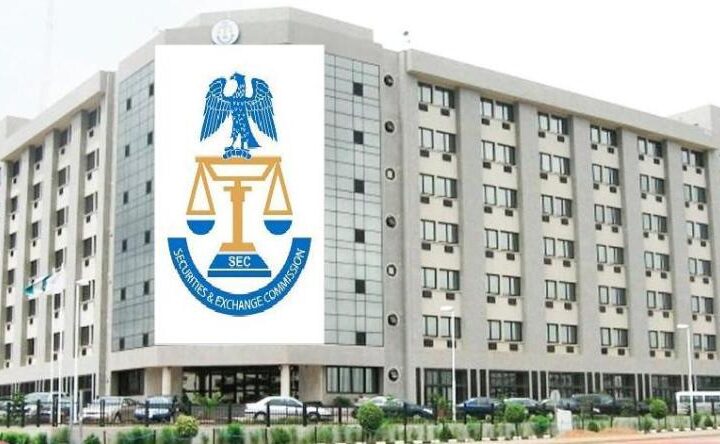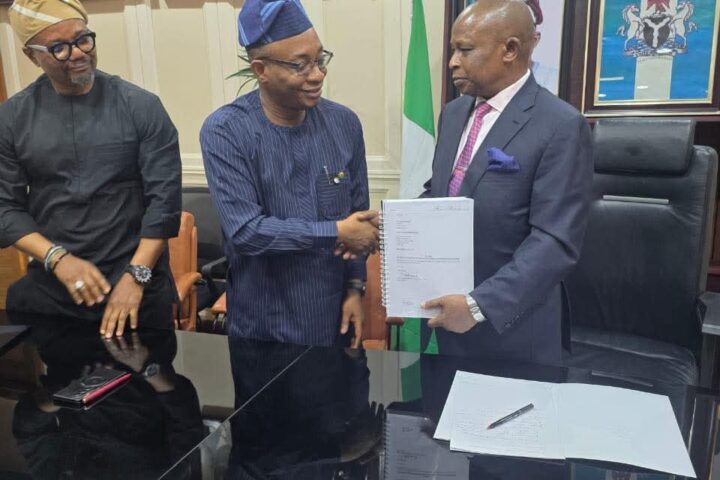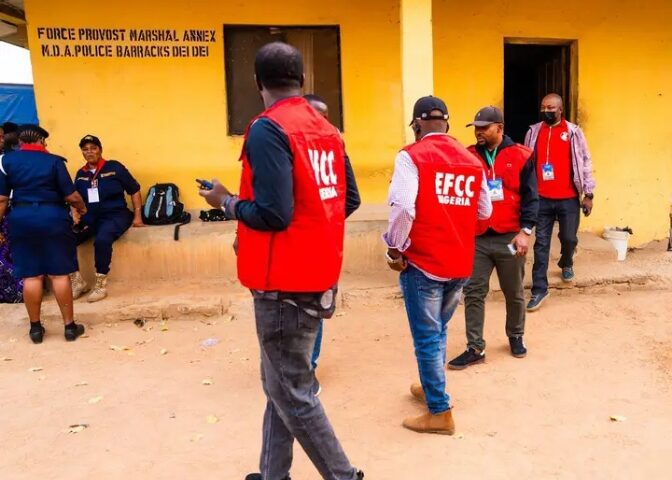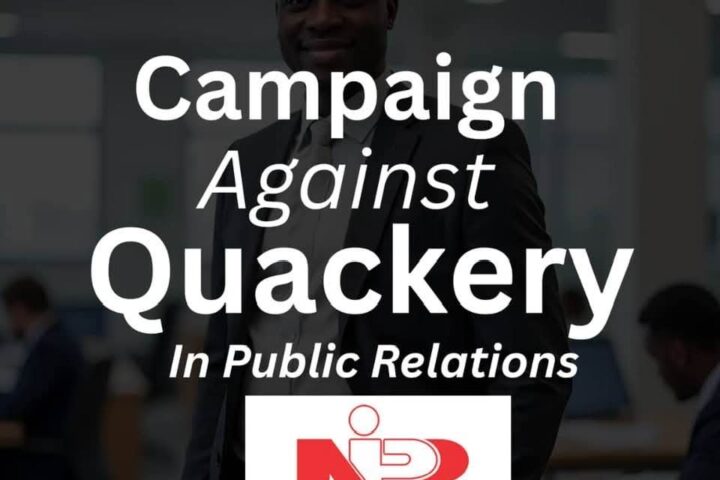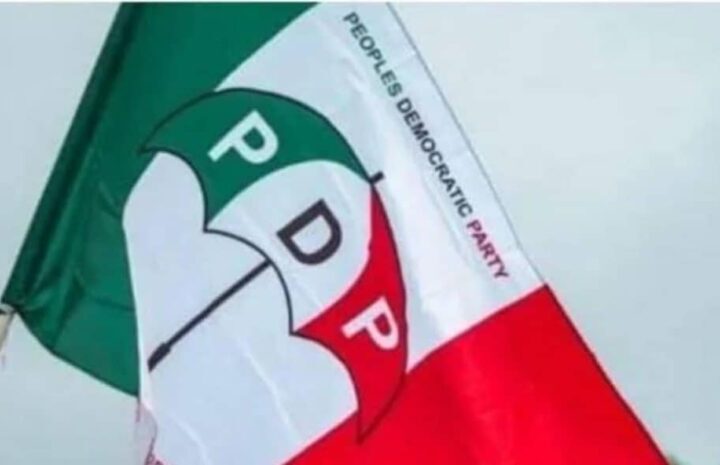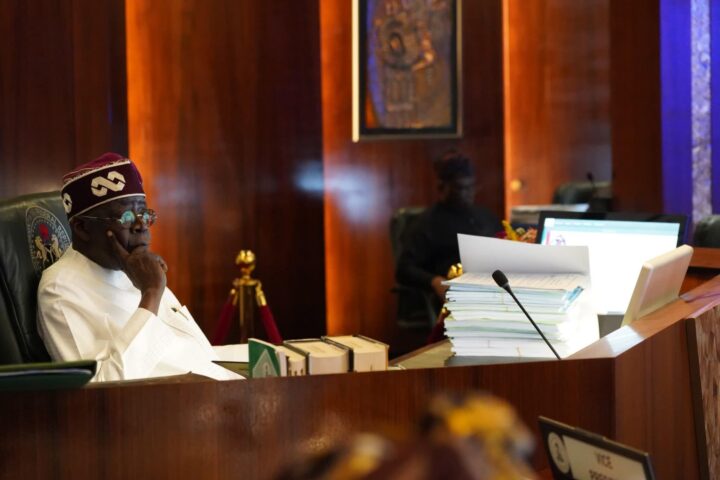Musbau Babatunde
The Nigeria Civil Aviation Authority (NCAA) is expanding its investigation into the safety breach of the July 7, 2023 incident where water was found in the tank of Max Air aircraft at Yola Airport.
It would set up a scommittee comprising of the Federal Airports Authority of Nigeria (FAAN), Nigerian Midstream and Downstream Petroleum Regulatory Authority (NMDPRA), the Nigerian Safety Investigation Bureau (NSIB), NCAA, airline operators, pilots, fuel deport operators, aircraft maintenance officers and others.
The agency also said the committee would also ensure the aviation fuel quality supplied operators in the sector are constant and of industry standards.
At a virtual and physical meeting with all domestic, international operators, aviation fuel suppliers and NMDPRA in Abuja on Thursday, Capt. Musa Nuhu, the Director-General of Civil Aviation (DGCA), assured that it would get to the root of the incident through its investigation.
Nuhu also said that there would be wide consultation with all relevant stakeholders to identify the gaps, close them, prevent future occurrences, while also improving safety in the industry.
Nuhu,who chaired the meeting, which also had in attendance the Chief Executive Officers (CEOs) of FAAN, Nigerian Safety Investigation Bureau (NSIB) and NMDPRA, said that fuel contamination was outside the jurisdiction of the aviation ecosystem.
The apex aviation body, decided to engage the regulator of the downstream sector, adding that the agency had been in consultation with NMDPRA, which certifies all the oil companies in the country,he said.
According to him, based on the sensitivity of the matter, the collaboration had become imperative “because of the noticed gaps due to lack of deliberate collaboration between NCAA, NMDPRA, and FAAN on fuel quality monitoring.”
He noted that the NCAA, FAAN, NMDPRA, NSIB, airline operators, pilots, fuel deport operators, aircraft maintenance officers and other stakeholders would be part of a committee that would be set up to ensure the aviation fuel quality was constant.
He added: “All facets of the aviation fuel ecosystem must be investigated to arrive at the true situation. The investigation is not necessarily to indict anyone, but to strengthen safety in the aviation industry.”
He noted that aviation fuel quality breach had dire consequences and was multifaceted, international in nature, emphasizing that it was not limited to scheduled airlines alone.
Speaking at the meeting, Engr. Farouk Ahmed, CEO, NMDPRA, said the authority was not treating the issue with levity.
According to him, the authority had launched an investigation into the matter to unravel the cause.
“We are all stakeholders and travellers. We took this incident seriously. I directed my colleagues to trace the root cause so that whatever steps we will take, we will bring stability, confidence and improve the safety level” he said.
He said whilst he could vouch for the quality of the Jet A1 fuel that was imported, he could not account for what happens when the fuel leaves the fuel deport to the fuel bowsers before fueling the aircraft.
He sought more collaboration with NCAA, FAAN, and other relevant stakeholders to attack the gaps that have led to the incidence of adulterated fuel.
Engr. Akin Olateru, Director-General, NSIB, described the issue as grave and must be investigated, taking into account all possible actors.
He noted that NSIB had in 2017 issued safety recommendations as it concerns aviation fuel following an incident involving Bel 427 of the Nigerian Police at the time.
He said the safety recommendation advised the NCAA to launch an independent investigation into aviation fuel quality in Nigeria, while also focusing on vulnerability and risks in the fuel distribution process.
He said this should form a regulatory oversight mechanism that ensured the international quality of aviation fuel used in Nigeria.
He challenged the NCAA to step up action, oversight the aviation fuel and ensure it is of top quality.




